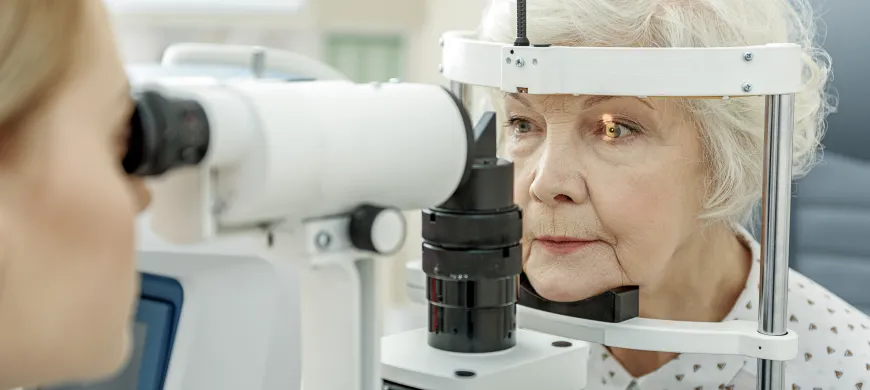Optometry
Eye Care

What does an optometrist do?
An optometrist is a healthcare professional who has earned a Doctor of Optometry (OD) degree. Optometrists complete four years of undergraduate studies, followed by four years of optometry school. While optometrists are not medical doctors, they are well-trained in the diagnosis and management of many eye conditions and vision problems.
Scope of Practice:
Optometrists are licensed to provide many eye care services, including:
- Conducting comprehensive eye examinations to assess vision and eye health.
- Diagnosing and managing common eye conditions, such as nearsightedness, farsightedness, astigmatism, and presbyopia.
- Detecting, monitoring, and managing certain eye diseases, such as glaucoma, cataracts, and age-related macular degeneration.
- Prescribing and fitting eyeglasses and contact lenses to correct vision problems.
- Providing low vision rehabilitation and vision therapy services.
- In some states, optometrists are authorized to prescribe medications to treat specific eye conditions and perform certain minor surgical procedures.
Should I see an optometrist or an ophthalmologist?
Optometrists focus primarily on primary eye care, including vision testing, prescribing corrective lenses, and managing certain eye conditions. Ophthalmologists are licensed to perform eye surgeries and treat complex eye conditions.
Both optometrists and ophthalmologists are equipped to provide routine eye exams and manage many common eye conditions. For most people, visiting an optometrist for regular eye checkups, vision assessments, and corrective lenses is sufficient. However, if you have a history of eye disease, a family history of eye conditions, or if you are experiencing symptoms that may suggest a more severe eye problem, you will consult an ophthalmologist. Additionally, if you require eye surgery or the management of a complex eye condition, an ophthalmologist is the appropriate choice. They have the necessary medical training and expertise to perform a wide range of surgical procedures and treat more advanced eye diseases.
Our Locations
-
Tennessee Eye Care - Knoxville
320 Cheshire Drive Knoxville, TN 37919
(800) 500-4667
-
Tennessee Eye Care - Lenoir City
5491 Creekwood Park Blvd Suite A Lenoir City, TN 37772
(800) 500-4667
-
Tennessee Eye Care - Morristown
1639 West Morris Blvd Morristown, TN 37813
(800) 500-4667
-
Tennessee Eye Care - Powell
7714 Conner Road Suite 102 Powell, TN 37849
(800) 500-4667
-
Tennessee Eye Care - Harriman
1798 Roane State Hwy Harriman, TN 37748
(800) 500-4667
